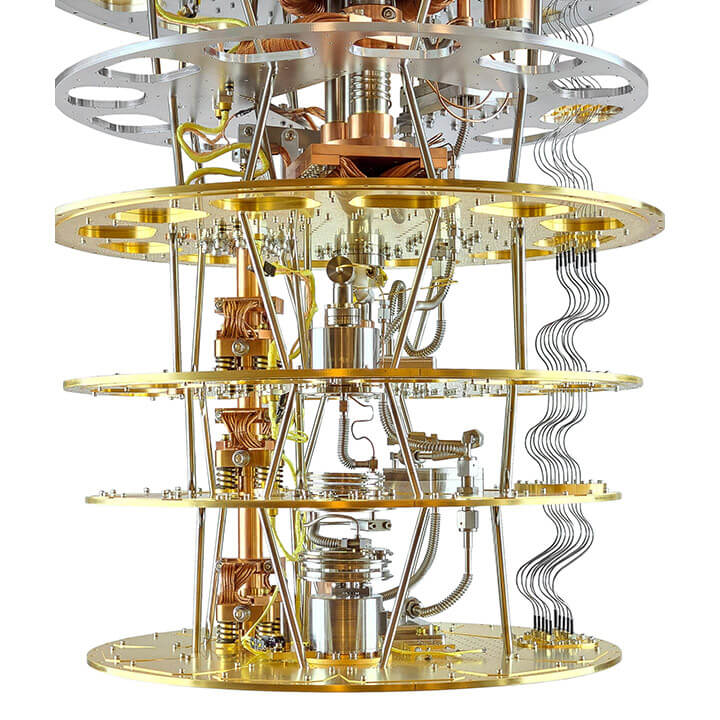Index Surge: Amplifying Your Insights
Stay updated with the latest trends and news across various industries.
Quantum Quandaries: Where Logic Meets Magic
Explore the enchanting world of Quantum Quandaries, where the mysteries of logic and magic collide! Join the adventure today!
The Enigmatic World of Quantum Superposition: Understanding Its Mysteries
Quantum superposition is a fundamental concept in quantum mechanics that describes a unique phenomenon where a quantum system can exist in multiple states simultaneously. This perplexing behavior defies our classical intuitions, as it suggests that particles like electrons can be in various positions or configurations at once until they are observed or measured. The famous thought experiment known as Schrödinger's cat illustrates this concept: the cat in the box is considered both alive and dead until the box is opened, symbolizing the peculiar nature of quantum states.
The implications of quantum superposition extend beyond theoretical physics; they pave the way for revolutionary technologies such as quantum computing and cryptography. By harnessing the power of superposition, quantum computers can perform calculations at astonishing speeds by processing multiple possibilities simultaneously. As researchers continue to unravel the mysteries of this enigmatic world, our understanding of the universe at its most fundamental level evolves, leading us toward groundbreaking innovations and profound philosophical questions about reality itself.

Quantum Entanglement: Can Two Particles Communicate Faster Than Light?
Quantum entanglement is a phenomenon that occurs when two or more particles become intertwined in such a way that the state of one particle instantaneously affects the state of the other, regardless of the distance separating them. This intriguing behavior has led scientists and theorists to ponder the implications: Can two particles communicate faster than light? According to Einstein's theory of relativity, no information can travel faster than the speed of light, yet quantum entanglement seems to challenge this notion. The particles remain connected in a way that appears to transcend the limitations of space and time, leaving physicists grappling with the fundamental principles of causality and locality.
Despite the apparent 'communication' between entangled particles, it is essential to clarify that this phenomenon does not allow for the transmission of usable information at superluminal speeds. As entangled particles are measured, their states become defined, but this observation cannot be controlled or predicted by the observer. Consequently, while entanglement showcases the non-classical correlations between particles, it does not imply a means of communication beyond light speed. The ongoing debate surrounding quantum entanglement and its implications continues to inspire research and fuel discussions about the nature of reality, opening doors to new interpretations of quantum mechanics and the universe itself.
Exploring Quantum Computing: The Future of Problem-Solving
Exploring Quantum Computing is not just a technological buzzword; it represents a paradigm shift in our ability to solve complex problems. Unlike classical computers that process information in binary (0s and 1s), quantum computers utilize the principles of quantum mechanics to employ quantum bits or qubits, which can exist in multiple states simultaneously. This unique property allows quantum computers to tackle specific types of problems much more efficiently than their classical counterparts, making them invaluable in fields such as cryptography, drug discovery, and artificial intelligence.
The potential of quantum computing is vast, but it is still in the early stages of development. As researchers continue to uncover new algorithms and refine quantum technologies, we can expect groundbreaking advancements in various industries. Here are some areas where quantum computing could have a significant impact:
- Optimization problems in logistics and supply chain management.
- Molecular modeling for drug discovery and materials science.
- Advancements in machine learning and data analysis.
Each of these applications has the potential to revolutionize how we approach problem-solving, leading us into a future where complexities are simplified and new possibilities arise.